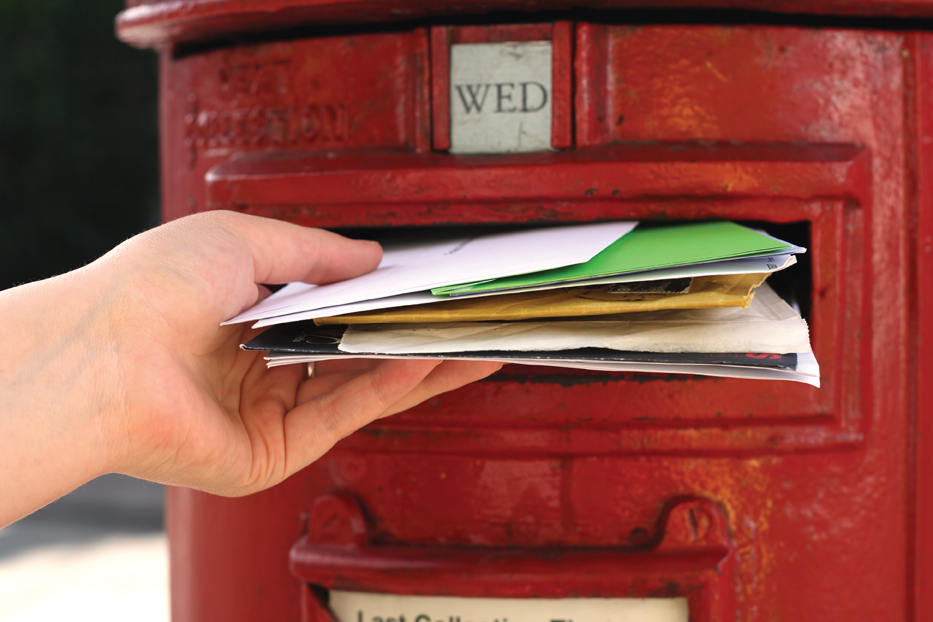This year has been a tough year for our finances as high inflation and rising interest rates impact household budgets. Taking action now can mean better personal finances next year.
Setting New Year’s financial resolutions, such as cashing in on better savings rates to topping up ISAs and pensions to beat tax hikes, can put your money situation on the right track for 2024.
Alice Haine, personal finance analyst at Bestinvest, said: “The worst of the cost-of-living crisis may now be behind us, but those whose surplus cash has already been used up are likely to feel trepidation as they enter 2024 – fearful that any more unexpected bumps in the road may derail their finances once and for all.
“That’s why committing to a fresh set of financial new year’s resolutions has the potential to not only spruce up your personal finances for the year ahead but also improve your long-term prospects.”
Build a rainy-day savings pot
An emergency fund is there to cover unplanned expenses that suddenly crop up and need to be paid for straightaway, such as a broken washing machine or frozen pipes. In the worst case scenario it can keep you going if you lose your job.
Bestinvest suggests people aim to hold six to 12 months of their regular expenses in an emergency fund.
Emergency funds need to be available quickly, so an easy access savings account, separate from your current account, can be a sensible solution. The best saving easy-access accounts currently offer returns of just over 5%.
Open a sinking fund
A sinking fund is different to an emergency fund. While emergency savings are there to cover unplanned expenses, a sinking fund can pay for specific planned expenses that you pay for annually – such as car or home insurance, a holiday or service charges on a leasehold property.
BestInvest suggests opening a regular savings account for your sinking fund – or investing in Premium Bonds.
Max out your ISA allowance
Savers can shelter up to £20,000 in an Individual Savings Account (ISA) per tax year with all capital gains and income generated free from tax.
Once the money is stored in an ISA, it remains protected year after year. As announced in the Autumn Statement, ISA savers can now open more than one type of ISA per tax year.
Set up a SIPP
Many people are still not saving enough for retirement or are losing track of the multiple workplace pension pots they have acquired over the course of their career.
A Self-Invested Personal Pension (SIPP) can be a great way for savers to gain more control and visibility over their retirement savings and consolidate legacy pensions from previous employers into one place.
Beat the April tax hikes
“Bed & ISA” or “Bed & Pension” involves selling shares and funds held in a taxable environment, such as a General Investment Account, and then repurchasing them within an ISA or a pension, such as a SIPP.
This process enables savers and investors to crystallise gains before the end of the tax year, while using both their ISA and pension allowances.
Check your National Insurance contributions
Those likely to have significant gaps in their National Insurance record include women that took time out to raise a family or care for elderly relatives, as well as low earners or expats living and working abroad.
The danger of gaps in your National Insurance record is that you don’t accrue enough qualifying years to receive a full state pension.
While Brits can typically backdate their National Insurance contribution history by six years, there is currently a concession in place allowing people to fill any NI shortfalls until April 2025, following a surge in demand.
Check your tax code
The UK is set for a lengthy period under a historically high tax burden – and that’s in spite of the National Insurance cuts coming – so make sure you are paying the right amount of tax.
To check your tax code and other income details, visit www.gov.uk/check-income-tax-current-year.
Being on the wrong tax code means you may be overpaying, or underpaying tax. This can happen if you change jobs, earn money from more than one source, such as a part-time job or a property portfolio, or have recently retired.
Use the 50-30-20 budgeting rule
BestInvest suggests households use the 50-30-20 budgeting rule if your income and personal circumstances mean the numbers add up.
With this strategy, people direct 50% of their income towards their needs – essential living expenses such as household bills, food and transport. A further 30% goes towards ‘wants’ such as leisure activities, shopping trips, gym memberships and holidays. The final 20% should then focus on paying off debt, saving and investing.
Deal with debts head on
Servicing debt has become ultra-expensive this year with interest rates on credit cards, overdrafts and loans ramping up over the course of 2023.
Those with multiple debts must first face up to the problem and then then develop a strategy to repay them in a set amount of time.
BestInvest suggests using the ‘debt avalanche’ or ‘debt snowball’ method. To do this, list all your debts and make minimum payments on all except one. On that final debt, pay off as much as feasibly possible. Then once the card or loan is cleared, target the next balance until all the debts are gone.
Maximise your mortgage
If you’re on a decent mortgage rate, can afford to overpay and your lender allows overpayments, ploughing extra cash into your mortgage can be a good plan.
This will soften the blow if you later have to remortgage to a higher rate as you’ll be used to making higher payments.





